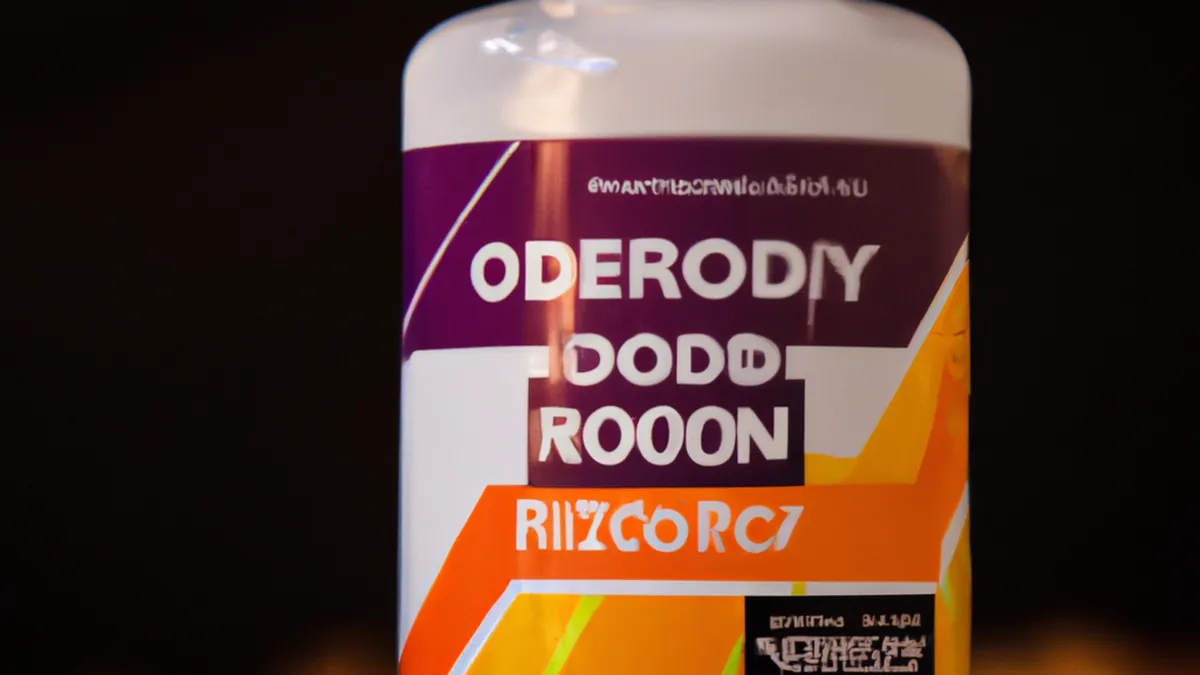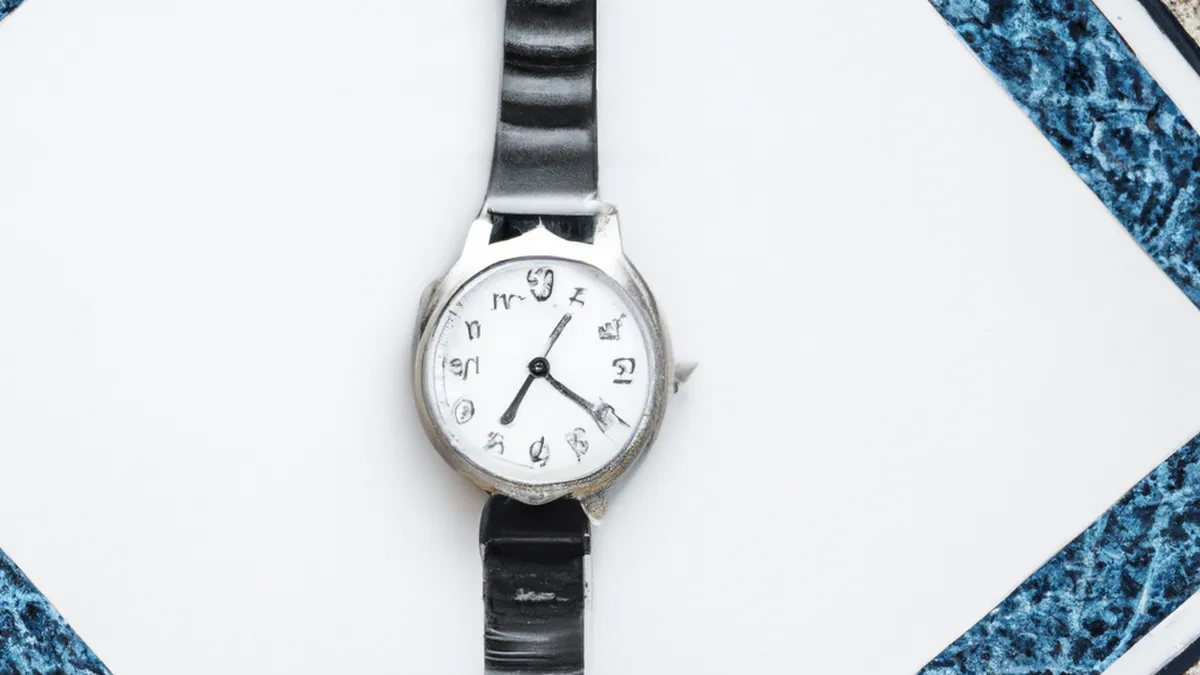Recharge Post-Workout Using Electrolytes
The Role of Electrolytes in Recovery After Intense Training
As an Amazon Associate I earn from qualifying purchases.
Gear tip: consider standing desk balance board, desk cycle and insulated water bottle to support this workout.
Intense training stresses your body. Whether you are a professional athlete or a weekend warrior, your muscles require repair and recovery. Replenishing electrolytes plays a crucial role in this process. These essential minerals maintain hydration, muscle function, and overall health. This blog post explores the importance of electrolytes in recovery and effective replenishment methods.
What Are Electrolytes?
Electrolytes are minerals with an electric charge, including sodium, potassium, calcium, magnesium, chloride, bicarbonate, and phosphate. You find these minerals in your body fluids, such as blood, urine, and sweat. They regulate fluid balance, muscle contractions, and nerve signaling. During intense training, especially in hot conditions, you lose electrolytes through sweat. This loss can lead to dehydration and mineral imbalances, making replenishment vital post-workout.
How Electrolytes Aid Recovery
Electrolytes significantly aid muscle recovery. They help restore fluid balance, crucial after intense sweating. You lose both water and vital electrolytes through sweat. An electrolyte imbalance can cause muscle cramps, fatigue, dizziness, and heat-related illnesses. Thus, replenishing electrolytes is essential for optimal recovery.
Muscle Function and Contraction
Sodium and potassium are vital for muscle function. They generate electrical impulses that enable muscle contraction and relaxation. Low levels of these minerals can lead to weakness and cramps, hindering performance and recovery. Calcium also plays a critical role in muscle contraction. Inadequate levels of these minerals can prolong soreness and reduce training efficiency.
Hydration and Fluid Balance
Electrolytes maintain hydration levels. They help your body retain fluids, ensuring proper hydration. Intense workouts can quickly deteriorate your hydration status, leading to decreased performance. Adequate electrolyte levels help your body absorb and retain fluids, aiding recovery and enhancing performance.
Tips for Replenishing Electrolytes
Replenishing electrolytes after intense training is crucial. Here are effective tips to ensure you obtain enough of these essential minerals:
1. Hydrate with Electrolyte Drinks
One easy way to replenish electrolytes is through sports drinks. These beverages contain a balanced mix of electrolytes and carbohydrates. They help rehydrate you quickly while providing energy. When choosing a sports drink, select options with moderate sugar levels to avoid excess calories.
Conclusion
In summary, electrolytes are vital for recovery after intense training. They support hydration, muscle function, and overall health. Prioritize electrolyte replenishment to enhance recovery and performance.
Below are related products based on this post:
FAQ
What are electrolytes and why are they important for recovery?
Electrolytes are essential minerals with an electric charge, including sodium, potassium, calcium, magnesium, chloride, bicarbonate, and phosphate. They are important for recovery as they maintain hydration, regulate muscle contractions, and support nerve signaling. After intense training, replenishing these minerals is vital to avoid dehydration and mineral imbalances.
How do electrolytes aid in muscle recovery after intense training?
Electrolytes aid muscle recovery by restoring fluid balance and preventing muscle cramps, fatigue, and dizziness that can arise from electrolyte imbalances. Sodium and potassium are crucial for muscle function, and their adequate levels help ensure effective muscle contractions and relaxation, thereby enhancing recovery.
What are some effective methods to replenish electrolytes post-workout?
One effective method to replenish electrolytes after intense training is to hydrate with electrolyte drinks. These beverages typically contain a balanced mix of electrolytes and carbohydrates, helping to quickly rehydrate and energize the body. When choosing a sports drink, it’s advisable to select options with moderate sugar levels to avoid excess calorie intake.















Post Comment